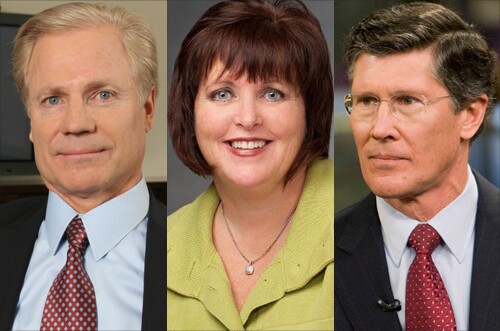

Patrick Burke, President and CEO, HSBC USA
Related Article:

Gary Crosby, President and CEO, First Niagara Financial Group
Related Article:
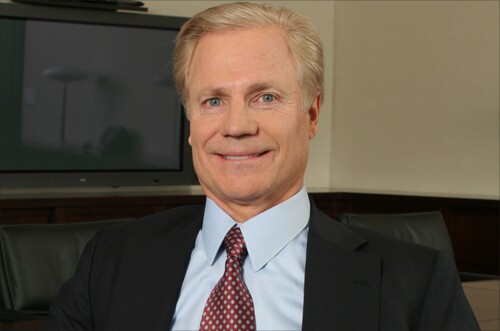
Richard Fairbank, Chairman and CEO, Capital One Financial
Related Article:

Joseph Ficalora, President and CEO, New York Community Bancorp
Related Article:

Margaret Keane, President and CEO, Synchrony Financial
Related Article:

Frank Mastrangelo, CEO, The Bancorp
Related Article:
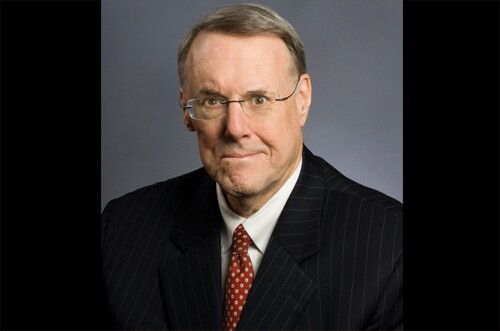
John Poelker, President and CEO, CertusBank
Related Article:

Jimmy Tallent, President and CEO, United Community Banks
Related Article:
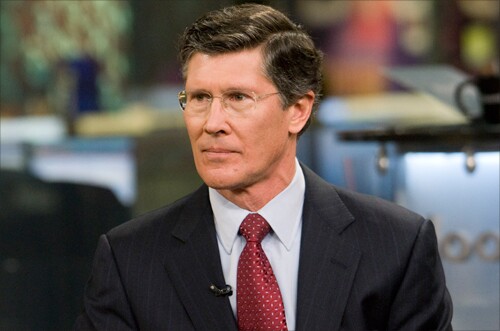
John Thain, Chairman and CEO, CIT Group
Related Article:
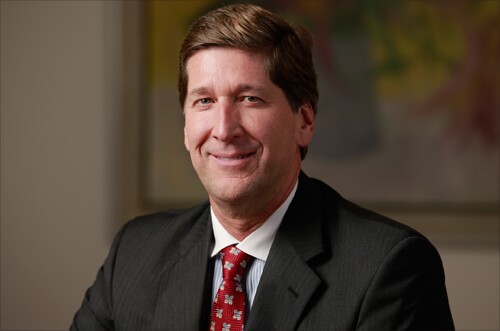
Bruce Van Saun, Chairman and CEO, Citizens Financial Group
Related Article:





